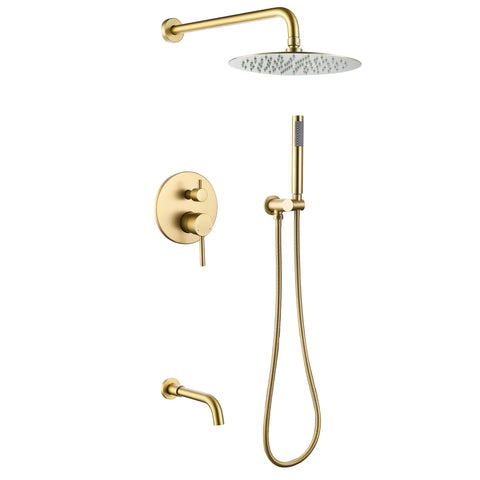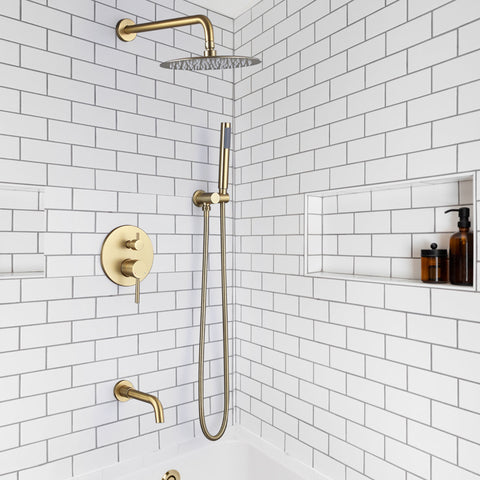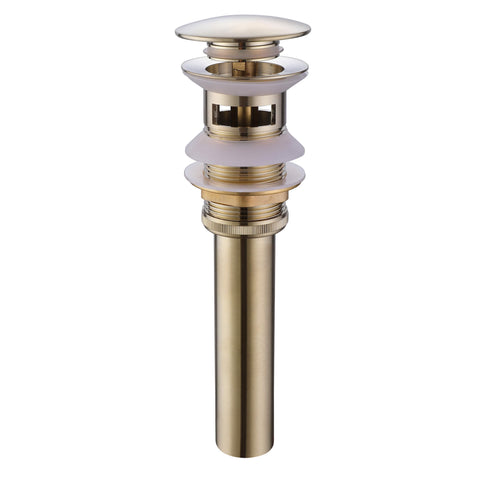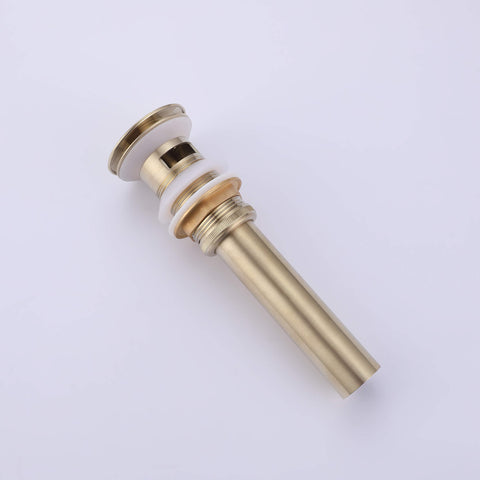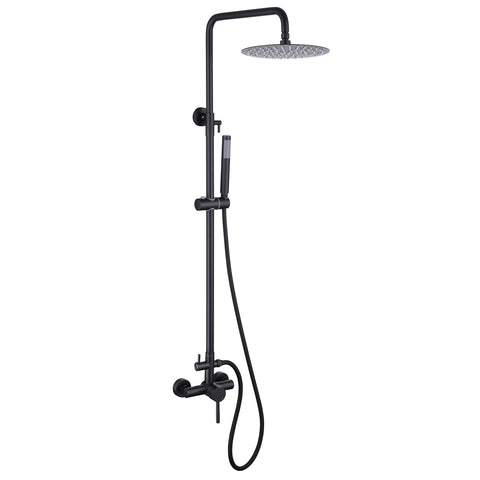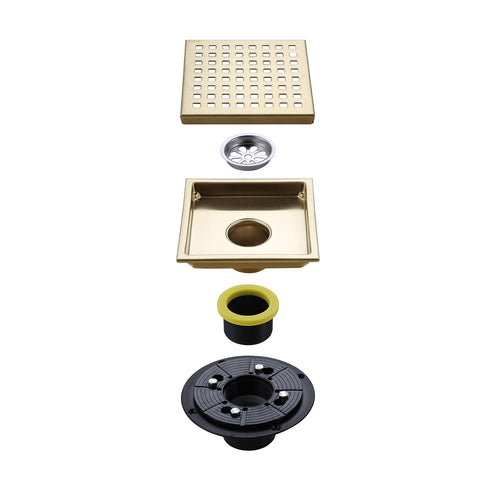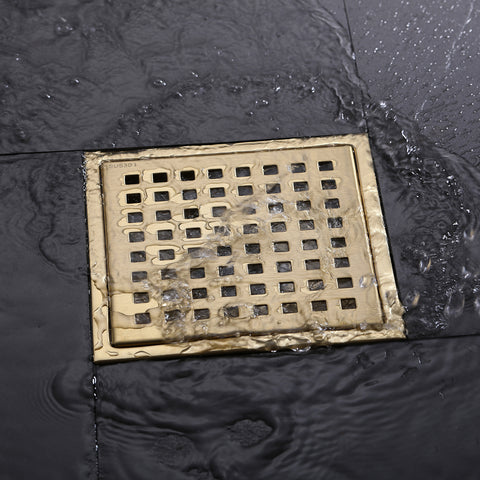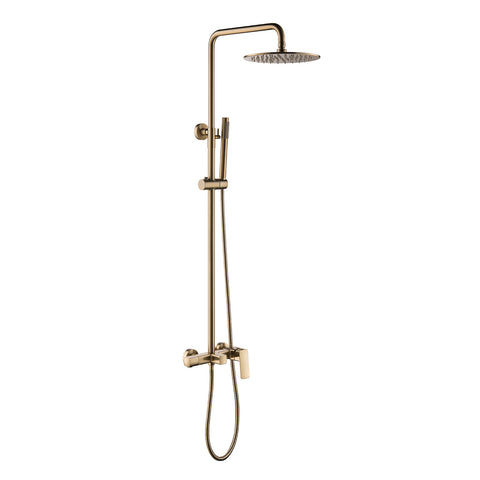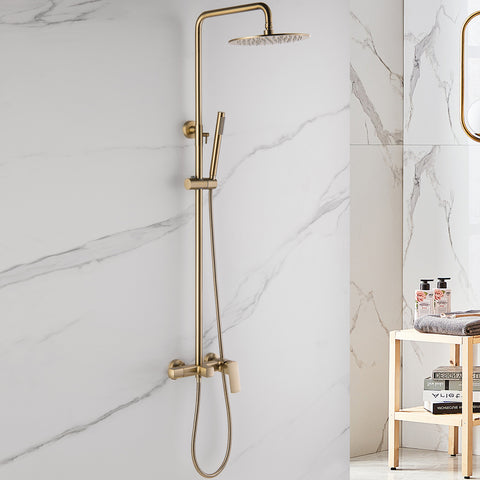Why Does Your Faucet Make Noise?
Have you ever turned on your faucet and been greeted with an unexpected symphony of sounds, from high-pitched squeals to low-rumbling vibrations? If so, you're not alone. Noisy faucets can be quite a common occurrence in households, and they can leave you wondering what's causing all that commotion. In this blog, we'll explore the various reasons why your faucet makes noise and what you can do to silence the cacophony.
Water Hammer
One of the most common causes of faucet noise is a phenomenon known as "water hammer." Water hammer occurs when water traveling through the pipes suddenly comes to a halt or changes direction rapidly, creating a shockwave. This shockwave causes the pipes to vibrate and produce a loud banging or thudding noise. Water hammer is often more noticeable in older plumbing systems, but it can happen in newer homes as well.
To reduce water hammer, you can install water hammer arrestors, which are devices that absorb the shockwaves, preventing them from reaching your faucet and causing noise. These simple solutions can help eliminate this annoying problem.
Sediment Buildup
Another reason for faucet noise is sediment buildup in your plumbing system. Over time, minerals and debris can accumulate in your pipes, restricting the flow of water and causing turbulence, which leads to noise. If you have hard water, this issue may be more prevalent.
To address sediment buildup, consider flushing your plumbing system. This involves draining your water heater, opening all the faucets, and allowing the sediment to exit your plumbing system. Regular maintenance can help keep your pipes clear and reduce noise.
Loose Parts
Faucets have several moving parts, and when these components become loose or damaged, they can create noise when water flows through them. Loose or worn-out washers, O-rings, and valve seats are common culprits. The noise produced by these issues can range from a subtle drip to a noticeable squeal.
To remedy this problem, consider replacing any worn-out or damaged components in your faucet. A quick fix can often put an end to the annoying sounds.
High Water Pressure
High water pressure can cause a variety of plumbing issues, including noisy faucets. When the pressure is too high, it can lead to vibrations and turbulent water flow, which result in noise. In addition to the noise, high water pressure can also damage your plumbing system and appliances over time.
A pressure-reducing valve can help alleviate this issue. Installing one will regulate the water pressure and prevent excessive noise while protecting your plumbing system.
Air in the Pipes
Sometimes, the simple presence of air in your pipes can cause noise when you turn on the faucet. As the air escapes, it can create a sputtering or hissing sound. This issue is typically more common in newly installed plumbing systems or after repairs.
To resolve the problem, you can bleed the air from your pipes. Open the faucet and allow it to run until the sputtering sound stops, indicating that the air has been released.
Conclusion
A noisy faucet can be a real nuisance, but it's often a solvable problem with a bit of investigation and maintenance. By understanding the common causes of faucet noise and taking steps to address them, you can enjoy a quieter and more peaceful water experience in your home. Whether it's water hammer, sediment buildup, loose parts, high water pressure, or air in the pipes, these issues can be effectively managed to put an end to the bothersome sounds. So the next time your faucet starts making noise, don't fret; instead, take action to bring back the serenity to your plumbing system.
